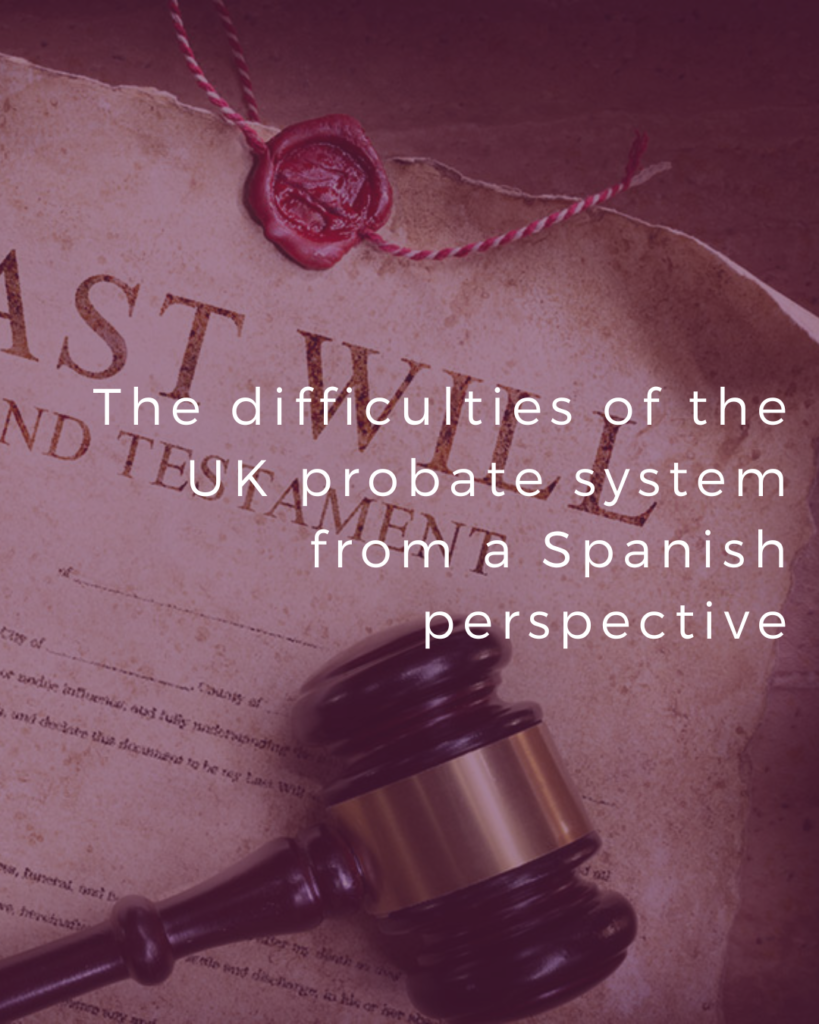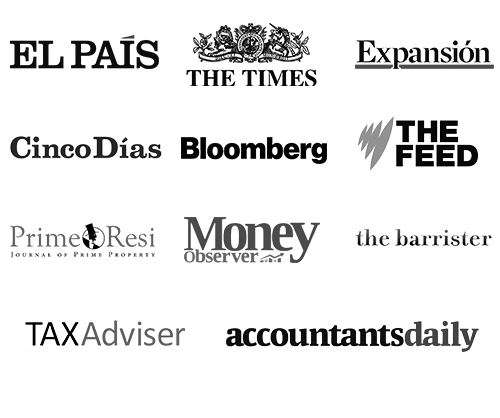One of the questions asked by the entrepreneur residing in Spain is whether she should work as self-employed or should set up a company. Although we could consider for this analysis more types of companies, we chose Limited company (Sociedad limitada – SL) because it is the most common.
It is important to clarify that there is not an unique criteria to help us deciding which alternative is best, but we must make the decision individually based on our activity, commercial focus, size of the business and personal preferences. Before engaging on a detailed analysis, let us study the general concept that each one of the choices implies.
When we become a sole trader, we are the ones to carry out the activity, be responsible for the payments, and finally receive the profits. When we set up a Limited Company, it is the company that does everything previously mentioned, including receiving the profits that will be paid later on to the company’s shareholders as dividends. This is why we refer to an Limited Company as a “legal person” or “legal entity”, because the physical person who owns the company does not perform the business activity, but the company itself. This, as we will see in the following sections has its advantages and disadvantages.
First steps.
There is a reason why the term “red tape” which denotes an excess of bureaucratization was originated with the Spanish administration, therefore we will not analyze here all the steps needed to start the activity as freelancer or as limited company. We will highlight that the steps to becoming self-employed is simpler and cheaper than setting up a company.
At the same time, as the paperwork may be complex for some freelancers, it is highly recommended to use the tax, legal and accountancy services of a professional firm. Their professional fees for the Limited company will be higher.
Monthly payments.
The self-employed person pays a monthly fee to the Social Security System depending on his / her personal situation, the most common being € 275.02 though there are especial bonuses.
The Limited company does not pay a fee, but requires its director to be registered as “autónomo societario” “corporate self-employed”, who will pay an average monthly fee of € 344.69. This amount will also vary according to the director’s personal situation.
The majority of entrepreneurs dedicate their time to the business activity and delegates the paperwork to an accountancy/tax company. The cost of these administration services is cheaper for a freelancer than for a limited company because the amount of paperwork of a freelancer is less than for a limited company or SL.
Responsibility.
As we mentioned earlier, a self-employed is fully responsible for the business debts and liabilities, being her/his personal assets at risk . On the contrary, limited companies receive this name from their limited liability, determined by the assets held by this “legal entity” and never by the shareholders’ personal assets.
The minimum capital to set up an SL is 3,000 euros that the shareholder shares when the company is registered, becoming its owner in this way.
Taxation.
The self-employed are taxed with the Personal Income Tax (IRPF) and the companies are taxed with the Corporation Tax (IS), both full of nuances, but they have in common that the Treasury gets a percentage applied on the profits obtained during the year.
The main difference between these taxes is the percentage value that is applied to the profits. While the Corporate Tax (IS) is fixed regardless of the annual profits, the percentage of the Personal Income tax (IRPF) will be proportional to the profits obtained during the year. This difference could be triple for a self-employed person rather than for a newly created limited company (SL).
It is convenient to indicate that once the company has been taxed for its profits, if they decide to pay them to the shareholders as dividends, they will have to declare again the dividends in the Personal Income Tax Return.
Business Image.
The image that we project to our clientes, suppliers or financial entities differs depending if we are self-employed or a limited company. A sole trader person usually evokes the image of small and personal activity while an SL transmits an activity of greater dimension.
Limited companies find it easier than sole traders to get access to credit from banks and other lenders as they are obliged to declare more detailed financial information.
Del Canto chamber advises companies and freelancers in their accounting, tax and social security obligations in Spain. Our proposal for accounting and tax services adapts to your personal situation. Contact us for a free first consultation.
Adrian Soto
Independent Counselor
Tax Advisor







